Remember the time when you did something against your mother’s telling? Or fought your way against others’ decisions? You were being a rebel. This article discusses about the chapter The Rebel Poem Class 7, for revision and better performance in tests and exams. The poet, D.J. Enright, in this humourous and non-critical poem, talks about the nature of a teenage rebel. Below you can find a brief explanation of the lesson and NCERT Solutions For Class 7 English Honeycomb Poem 2 The Rebel.
Read more: NCERT Solutions For Class 7 English Honeycomb Chapter 8 Fire Friend and Foe
Table of Contents
The Rebel Poem Class 7 Summary
A rebel is someone who rises in opposition or resists the majority. Usually, the word rebel is related to political affairs but in the poem, it is not based on a political activist, Rather, it is shown as a character sketch of a young adolescent, trying to be unique.
For The Rebel poem Class 7 students, you’re going to find that the rebel would be contradicting the majority and participating in things opposite to what everyone else will be doing. He would be seen having long hair while everyone else has short hair and vice versa. He would refuse to wear the uniform when the others would be wearing it, prefer the dogs when in the company of cat lovers, appreciate the sun on rainy days and rains on the sunny days.
Couplet wise Explanation of The Rebel Poem Class 7
(All the italicized lines given below have been taken from the poem, The Rebel Poem Class 7 by D.J. Enright.)
Couplet 1 & 2
When everybody has short hair,
The rebel lets his hair grow long.
When everybody has long hair,
The rebel cuts his hair short.
When a rebel observes a group of people with short hair, he would let his hair grow long because he derives pleasure and satisfaction by going against the majority. Although similar to the society and its norms, he is too, not constant, and therefore when he sees the group growing their hair long, he is likely to cut his hair short.

Couplet 3 & 4
When everybody talks during the lesson,
The rebel doesn’t say a word.
When nobody talks during the lesson,
The rebel creates a disturbance.
Realizing that everybody is talking during the lesson, a rebel is found in silence. But, when he sees that everybody else has become quiet, he starts making a ruckus and disturbing the class as suggested by his opposing nature.

Couplet 5 & 6
When everybody wears a uniform,
The rebel dresses in fantastic clothes,
When everybody wears fantastic clothes,
The rebel dresses soberly.
A rebel constantly seeks attention by doing what others don’t do, hence, he would wear fancy clothes when everybody else is dressed up in a uniform. However, when he sees others dressed up in different and bright clothes, he would be seen in a common uniform.
Revise The Invention of Vita Wonk

Couplet 7 & 8
In the company of dog lovers,
The rebel expresses a preference for cats.
In the company of cat lovers,
The rebel puts in a good word for dogs.
On being surrounded by dog lovers, he begins to prefer cats because he likes to be exhibited as unique and different. While, when in the company of cat lovers, he will become a dog lover himself.
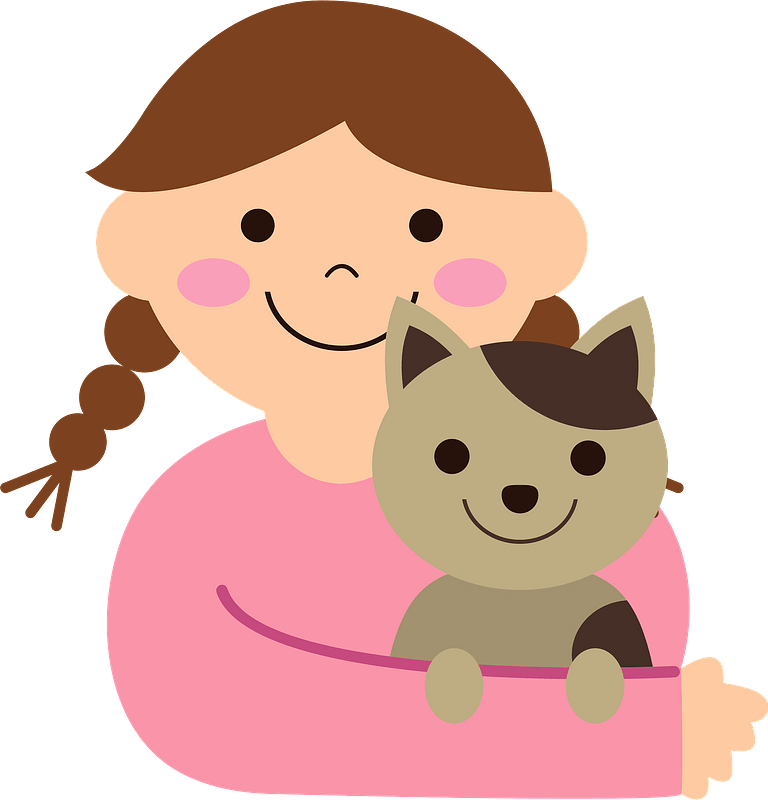
Couplet 9 & 10
When everybody is praising the sun,
The rebel remarks on the need for rain.
When everybody is greeting the rain,
The rebel regrets the absence of the sun.
A rebel’s preferences and choices never seem to match with anyone else in the group, he would want a sunbath while all others would be welcoming the rain and miss the rain while others would be basking in the sun.
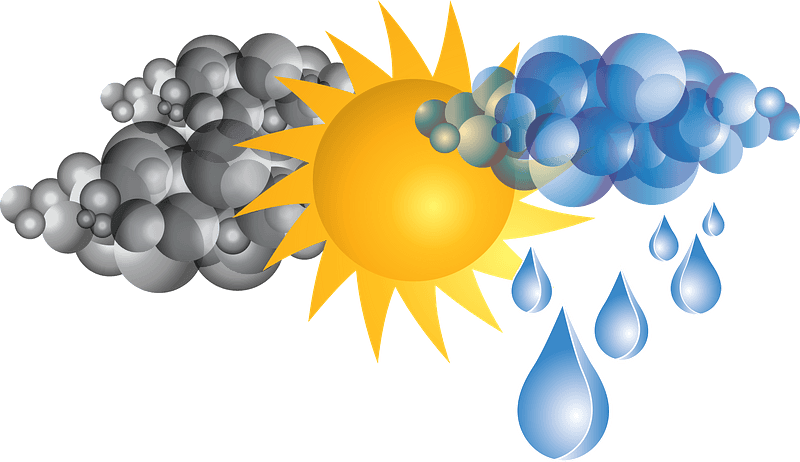
Couplet 11 & 12
When everybody goes to the meeting,
The rebel stays at home and reads a book.
When everybody stays at home and reads a book,
The rebel goes to the meeting.
A rebel is a person who is usually all alone for they prefer to read on a different path than others. So, when others go for a meeting, they stay at home and read a book. When the others stay at home, they go to the meeting.
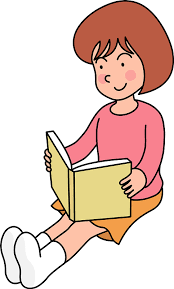
Couplet 13 & 14
When everybody says, Yes please,
The rebel says, No thank you.
When everybody says, No thank you,
The rebel says, Yes, please.
Saying yes when everybody says no and saying no when everybody says yes supports the tendency of contradicting of the rebel.

Couplet 15
It is very good that we have rebelled.
You may not find it very good to be one.
The poem enlightens us that rebels bring different opinions to us, which sometimes might be good. They promote healthy debate and input divergent thinking. It seems that having rebels around us is beneficial as they train us to acknowledge differences. However, it is not good to be a rebel because they are not accepted by society as they do not conform to society’s norms.
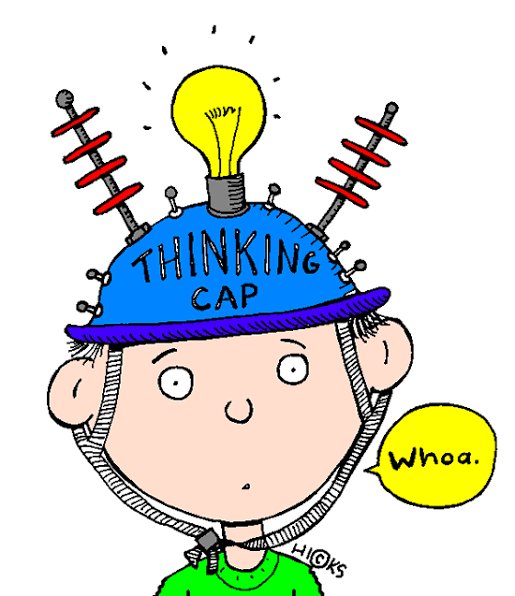
Analysis of The Rebel Poem Class 7
(Find NCERT Solutions For Class 7 English Honeycomb Poem 2 The Rebel Poem Analysis below)
- Form (structure or pattern) of the poem – The poem has 15 couplets. Every next couplet is in the opposite of its preceding couplet.
- Style (literary elements used by the poet) of the poem – The poem is written in a casual and unrhymed style.
- Tone (the poet’s or reader’s attitude towards the subject) of the poem – The poem has a humorous and non- critical tone.
Poetic Devices
(Find NCERT Solutions For Class 7 English Honeycomb Poem 2 The Rebel Poetic Devices below)
- Alliteration – The occurrence of the same letter or sound at the beginning of adjacent or closely connected words. From poem, rebel regrets, and rebel remarks.
- Repetition – The recurrence of a word or phrase to create emphasis. From poem, when everybody and the rebel to emphasize on the fact that rebel acts oppositely.
NCERT Solutions For Class 7 English Honeycomb Poem 2 The Rebel
Working with the The Rebel Poem Class 7
Q. 1. Answer the following questions.
- If someone doesn’t wear a uniform to school, what do you think the teacher will say?
- When everyone wants a clear sky, what does the rebel want most?
- If the rebel has a dog for a pet, what is everyone else likely to have?
- Why is it good to have rebels?
- Why is it not good to be a rebel oneself?
- Would you like to be a rebel? If yes, why? If not why not?
A)
- The teacher is likely to ask the student the reason for not being dressed in the school uniform and then decide whether the student deserves the scolding or not.
- When everyone wants a clear sky, the rebel needs the clouds.
- If a rebel has a dog for a pet, the others will most probably pet cats.
- Having rebels is beneficial to society as they give us new ideas and different solutions to various issues. They promote healthy debate and divergent thinking. They teach us to be able to accept and tolerate differences.
- It is not good to be a rebel oneself because society criticizes and resists someone who does not conform to its norms.
- I would like to be a rebel because a rebel can think creatively and individually rather than agreeing to the majority without a good debate. Yet, it is not easy to be a rebel as society criticizes and resists someone who does not conform to its norms.
Q. 2. Find in the poem an antonym (a word opposite in meaning) for each of the following words.
- Long…………….
- Grow ……………
- Quietness ………….
- Sober ………………….
- Lost…………………
A)
- Long – Short
- Grow – Cut
- Quietness – Disturbance
- Sober – Fantastic
- Lost – Find
Q. 3. Find in the poem lines that match the following. Read both one after the other.
- The rebel refuses to cut his hair.
- He says cats are better.
- Rebel recommends dogs.
- He is unhappy because there is no Sun.
- He is noisy on purpose.
A)
- “The rebel lets his hair grow long.”
- “Rebel expresses a preference for cats.”
- “The rebel puts in a good word for dogs.”
- “Rebel regrets the absence of Sun.”
- “The rebel creates a disturbance.”
Some Frequently Asked Questions
Q. 1. Why does the rebel need rain when everyone is praising Sun?
A) A rebel’s nature is to go against the majority, it brings attention to him and allows him to be different than others, thus, giving him satisfaction. Hence, the rebel misses rain while everyone else is enjoying the Sun.
Q. 2. What are the disadvantages of being a rebel?
A) Although, the rebels are good for the society who helps us with the new dimension of an issue, but, being a rebel oneself may lead to criticism and resistance from society.
Q. 3. If a rebel is creating a disturbance, what is everyone else likely to do?
A) The rest of the group is likely to be silent and attentive.
Conclusion: The Rebel Poem Class 7
The above article includes The Rebel Poem Class 7 question answers and explanation. We suggest you to browse our site for various detailed and easy NCERT Solutions and CBSE Notes and Comprehensive Summary.

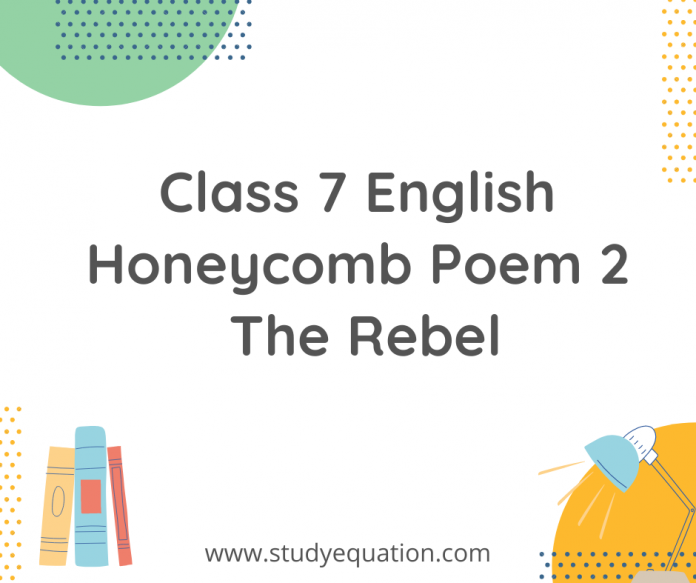




… [Trackback]
[…] There you will find 435 more Infos: studyequation.com/ncert-solutions-for-english-honeycomb-the-rebel-poem-class-7/ […]
… [Trackback]
[…] Read More on that Topic: studyequation.com/ncert-solutions-for-english-honeycomb-the-rebel-poem-class-7/ […]
… [Trackback]
[…] Here you will find 38187 more Information on that Topic: studyequation.com/ncert-solutions-for-english-honeycomb-the-rebel-poem-class-7/ […]
… [Trackback]
[…] Find More to that Topic: studyequation.com/ncert-solutions-for-english-honeycomb-the-rebel-poem-class-7/ […]
… [Trackback]
[…] Read More Info here on that Topic: studyequation.com/ncert-solutions-for-english-honeycomb-the-rebel-poem-class-7/ […]
… [Trackback]
[…] Information on that Topic: studyequation.com/ncert-solutions-for-english-honeycomb-the-rebel-poem-class-7/ […]
yasam ayavefe
yasam ayavefe
travesti.site
travesti.site
robaxin ingredients
robaxin ingredients
is abilify a mood stabilizer
is abilify a mood stabilizer
diltiazem nursing implications
diltiazem nursing implications
acarbose pharmacokinetics
acarbose pharmacokinetics
actos ilocutórios
actos ilocutórios
snorting remeron
snorting remeron
amitriptyline for interstitial cystitis
amitriptyline for interstitial cystitis
repaglinide nursing considerations
repaglinide nursing considerations
protonix generic name
protonix generic name
ezetimibe simvastatin india
ezetimibe simvastatin india
spironolactone 60 mg
spironolactone 60 mg
synthroid nz
synthroid nz
tamsulosin mellékhatásai
tamsulosin mellékhatásai
what is tizanidine compared to
what is tizanidine compared to
dapagliflozin sitagliptin and metformin hydrochloride uses in hindi
dapagliflozin sitagliptin and metformin hydrochloride uses in hindi
voltaren cream side effects
voltaren cream side effects
generic name for ivermectin
generic name for ivermectin